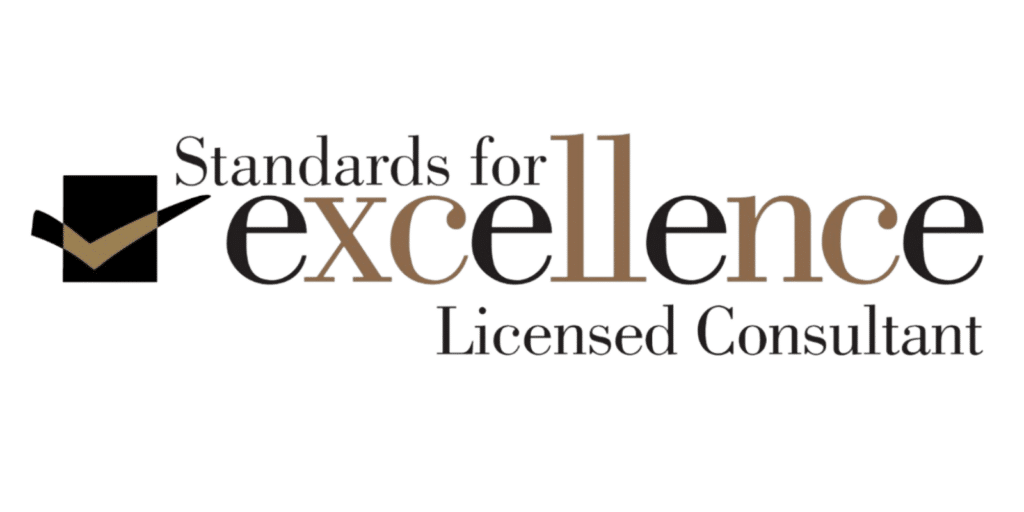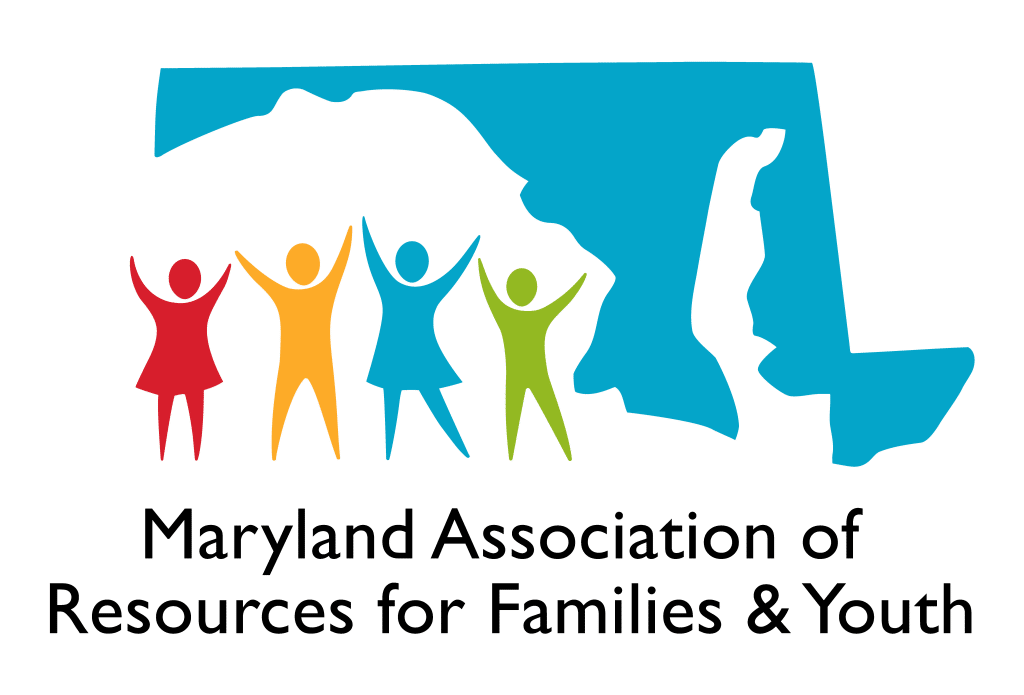 Minutes are business records of the organization. Minutes should be kept of all meetings of the Board of Directors, as well as committee meetings where the committee is making decisions on behalf of the board. Decisions of committees should be brought to the full board in regular reports. Minutes are not official until they have been approved by the Board (or committee) at the next meeting.
Minutes are business records of the organization. Minutes should be kept of all meetings of the Board of Directors, as well as committee meetings where the committee is making decisions on behalf of the board. Decisions of committees should be brought to the full board in regular reports. Minutes are not official until they have been approved by the Board (or committee) at the next meeting.
Board minutes keep all members informed of actions taken and those that need to be taken in the future. They should state who is in attendance, who presided at the meeting, when the meeting started and ended, and what actions (motions) were taken. The minutes may but need not include materials that would explain (briefly) the “why” of a decision. They should not include a recitation of all discussion that took place or any of the personalities involved. It is appropriate to have the person responsible for board minutes sign the minutes that have been submitted.
Even when the board is in Executive Session, the minutes should note the topic discussed and any decisions made during executive session.
The format of the minutes should be agreed upon by the board and not changed without another action by that body.
Maintaining board minutes in a consistent location allows minutes to serve as historical documentation for an organization. In some organizations, the secretary keeps a Minute Book which could also contain the bylaws and any documents of policies and procedures. It is also a good idea to keep a second copy of the minutes in another location or in electronic form.
Except where required by law, meeting minutes are not subject to public disclosure, although the Board can vote to make meeting minutes available to others.
For access to our resources like sample bylaws, board member job descriptions, board policies, common board member forms, and board orientation and other resources, join Maryland Nonprofits today!
From the Standards for Excellence®: An Ethics and Accountability Code for the Nonprofit Sector. The Standards for Excellence code, developed by the Standards for Excellence Institute, includes specific benchmarks and measures that provide a structured approach to building capacity, accountability, and sustainability in your nonprofit organization. The code identifies 6 major areas of nonprofit governance and management: Mission, Strategy, and Evaluation; Leadership: Board, Staff, and Volunteers; Legal Compliance and Ethics; Finance and Operations; Resource Development and Fundraising; and Public Awareness, Engagement and Advocacy.
The Standards for Excellence® Institute, a program of Maryland Nonprofits, provides the best possible resources to nonprofits nationwide, helping build their capacity to effectively and efficiently meet the needs of their communities. Members of Maryland Nonprofits gain access to an online community with an expansive library of resources and customizable templates. Membership with Maryland Nonprofits is designed to help you raise more money, develop your board, build relationships, learn, save on the things you need to run your organization, and amplify your voice in Annapolis. Join today.






